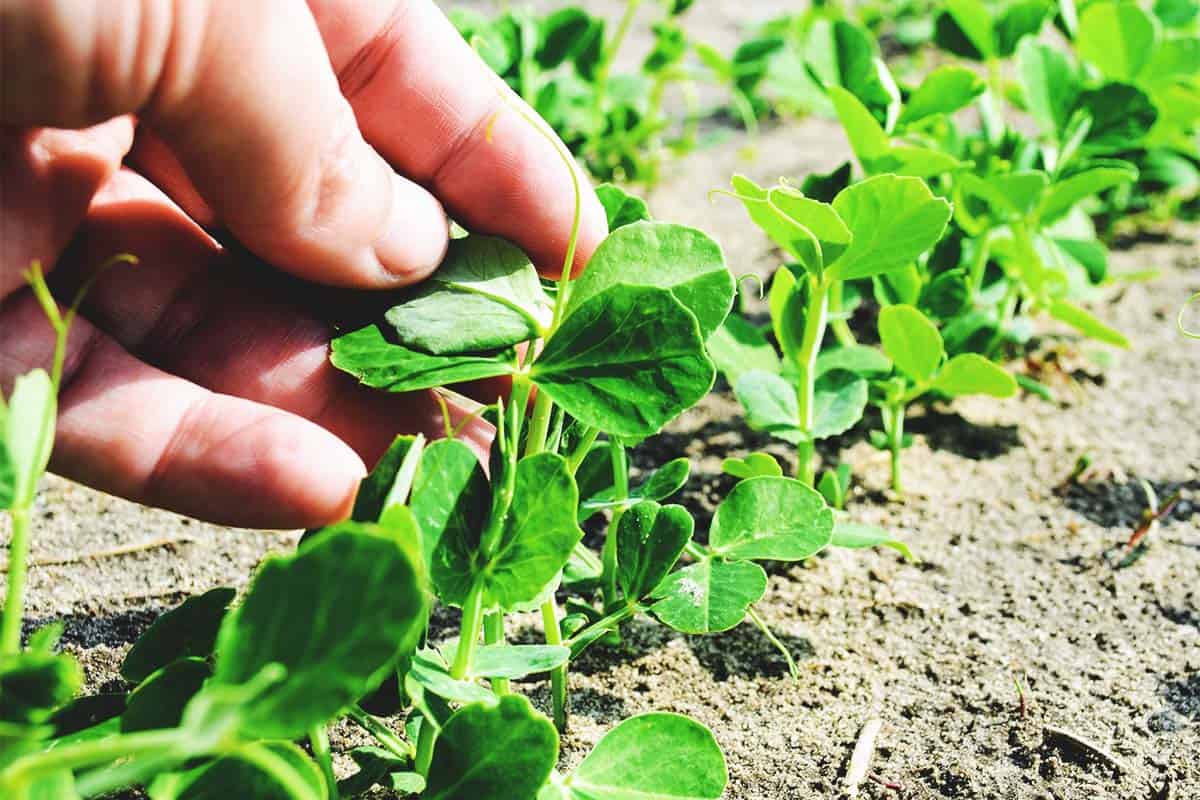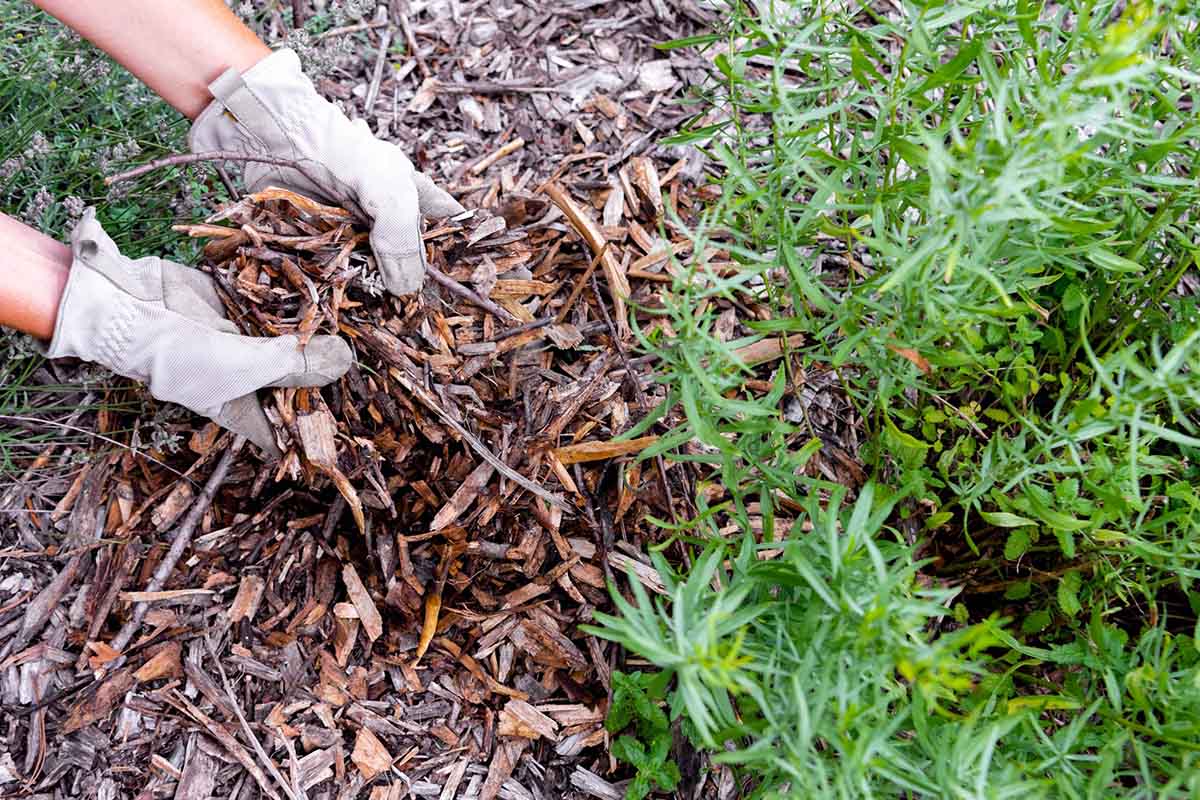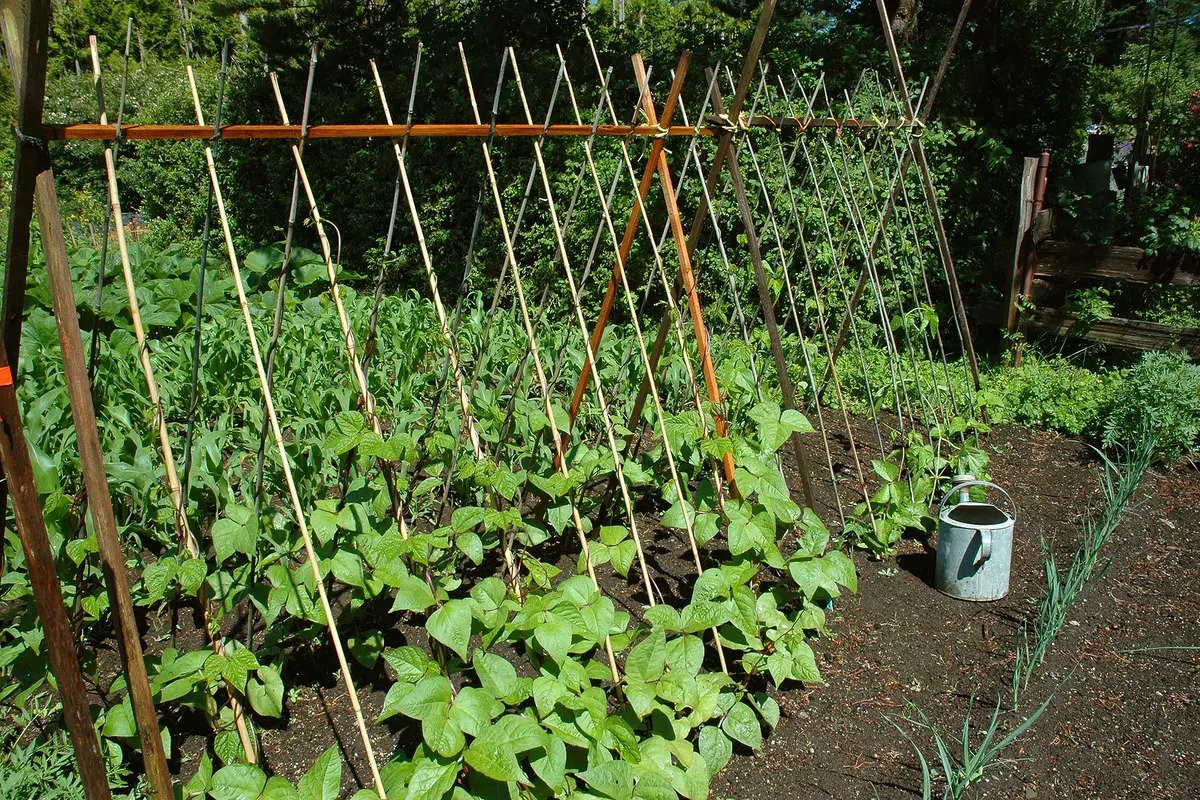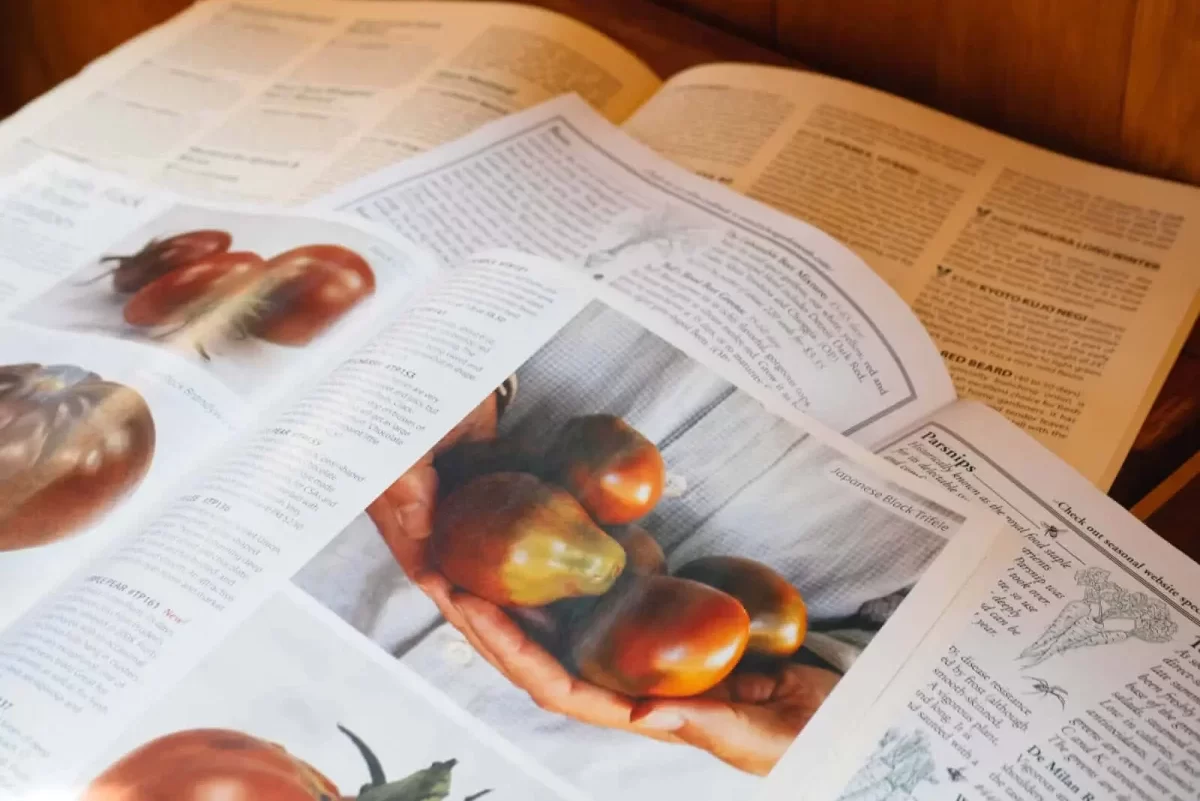To maintain healthy, productive soil, home gardeners must engage in the practice of cover cropping. Field peas are a simple cover crop for your garden bed, which you can grow to serve as a fertilizer.
What Advantages Do Field Peas Have as a Crop?
Legumes like field peas, also known as Austrian winter peas, provide several advantages for the soil. They collaborate with soil microbes to fix nitrogen in the soil, and the fixed nitrogen is subsequently stored in nodules in the plant’s roots.
The nitrogen in the peas is released into the soil when they are chopped down, acting as a natural fertilizer for nearby plants.
By creating channels for enhanced drainage and retaining dirt in place, field peas also aid in enhancing soil structure. They can even outcompete weeds and prevent the germination of some weed seeds.
Additionally, because they are edible cover crops, they have the added advantage of enhancing soil health and producing a harvest.
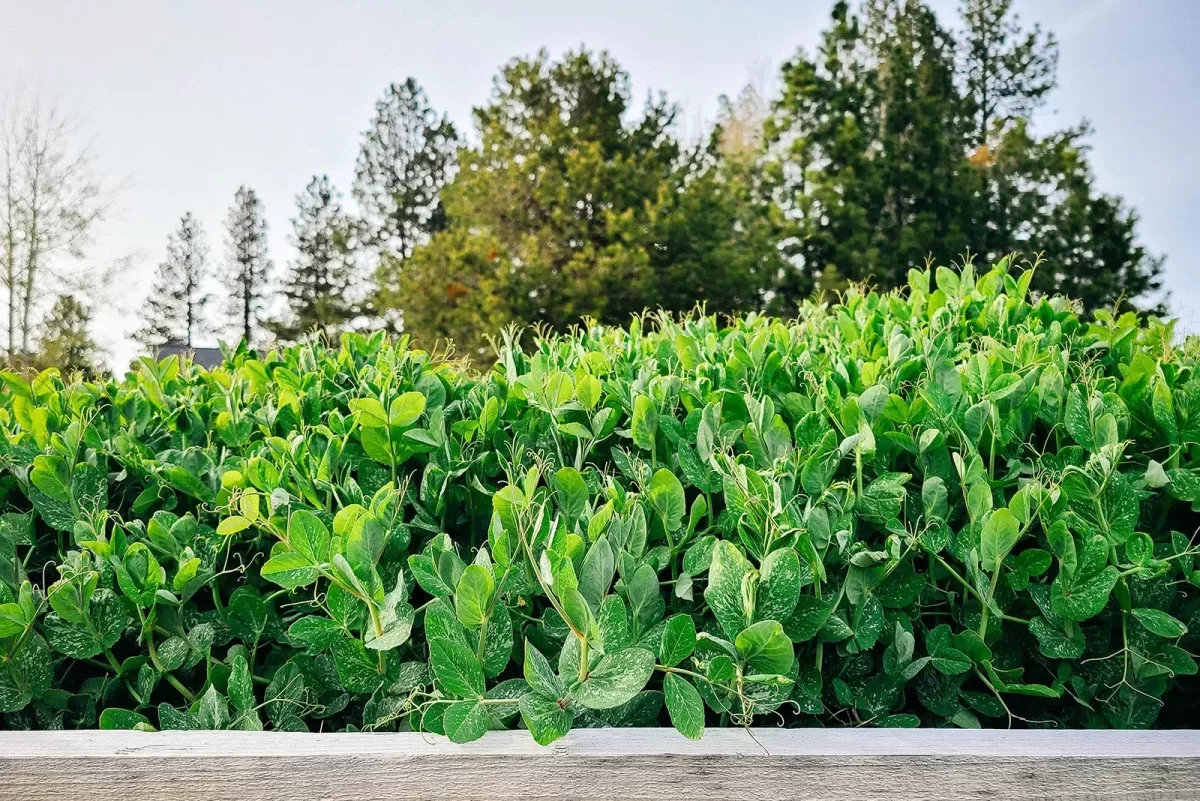
Getting Field Peas to Grow for Fertilizer
Field peas can be grown by simply sowing them in a garden plot that you want to cover with a cover crop in the fall or winter. They grow throughout the winter and like chilly temperatures.
Cut the plants down in the spring and leave the roots in the ground, so they can decay and improve the soil.
Field peas are a quick-growing crop, and they don’t require fertilizers and just seldom need to be watered. They can improve soil structure and act as a natural fertilizer, which will make your garden flourish with little work required.

